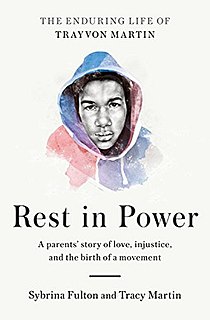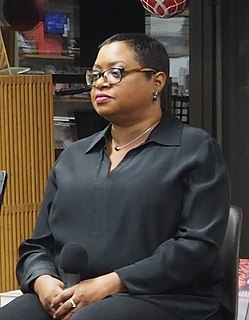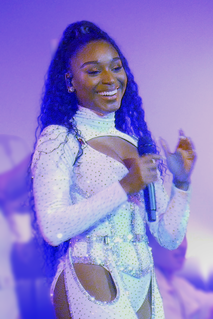A Quote by Lori Lightfoot
I think that the people who come from communities like me as an African-American woman, as a member of the LGBT community, we haven't sat in the corners of power.
Related Quotes
I don't regret the fervor, because I do believe, in the African American community but also for other communities, and I know from talking to people, for communities around the world, the election of an African American to the most powerful office on Earth meant things had changed, and not just in superficial ways. That in some irreversible way the world was different.
Is it different to come out now than it was to come out thirty-five years ago? Sometimes. But if you come out now and you come from poverty and you come from racism, you come from the terror of communities that are immigrant communities or communities where you're already a moving target because of who you are, this is not a place where it's any easier to be LGBT even if there's a community center in every single borough.
I would definitely like to see the education process more enhanced in African-American communities, because we need to be educated on laws that are relevant to our communities and our people, as well as to any other ethnic groups. A broader view of how people perceive African-American boys and girls in this country is what I'd like to see.
As one of the first African-Americans to be out on a reality program, MTV's 'The Real World: Philadelphia,' I understand the courage it takes to live your truth on a national platform, the importance it holds to LGBT communities of color, and the power it has to create a greater conversation within American culture.
You can expect to see a robust discussion and representation of those issues throughout the convention program. Not just from the nominee, but through other vehicles as well. Expect to see the African-American community, the Latino community, the LGBT community, and others represented on stage and in the substance of our policies throughout the week.


































